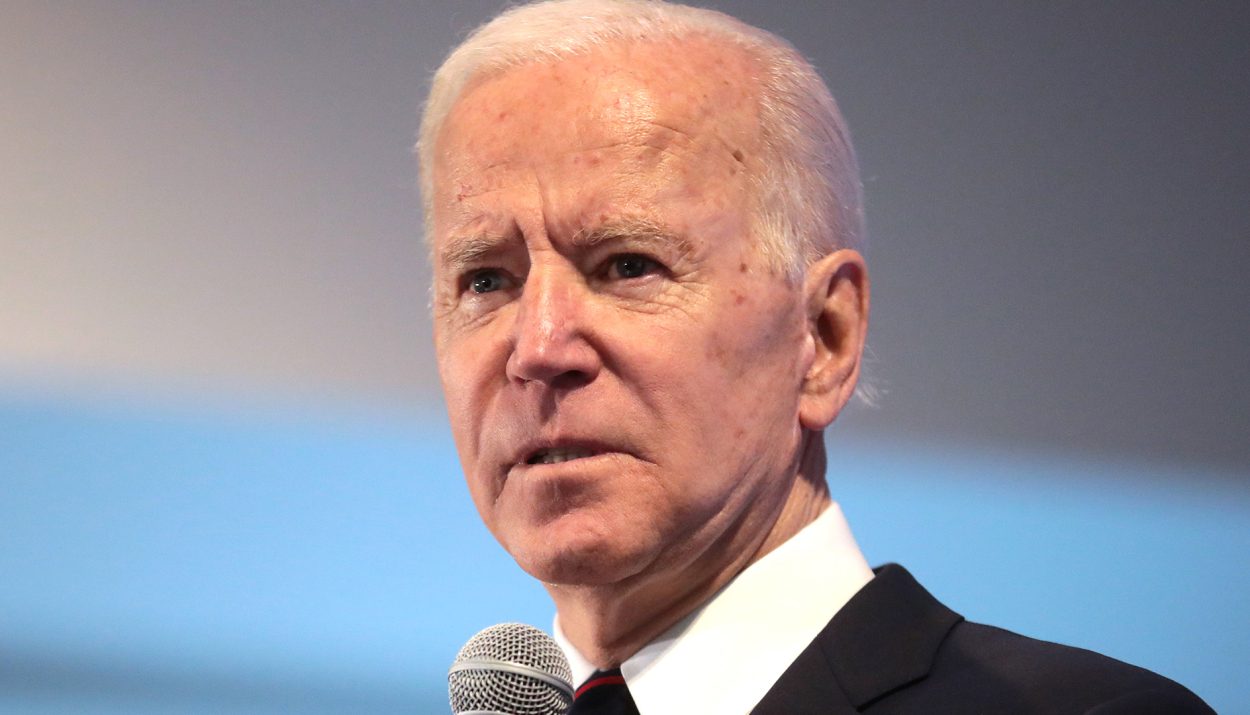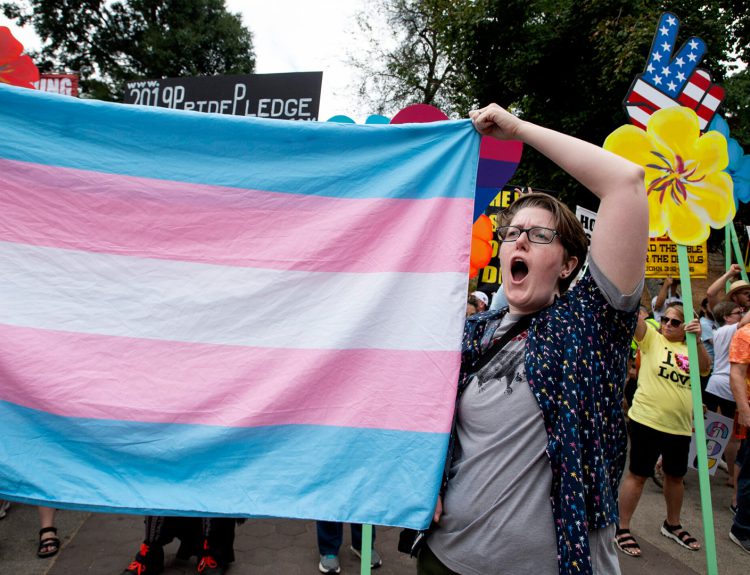In an interview with Reno’s KRNV, acting Labor Secretary Julie Su spoke about the $20 minimum wage for fast food workers in California, highlighting it as “part and parcel of Bidenomics.” She argued that this move protects workers and their families, as well as for building a strong economy.
Leadership In California
Su underscored California’s leadership in worker protections and mentioned that the trend of increasing wages is happening all across the country,
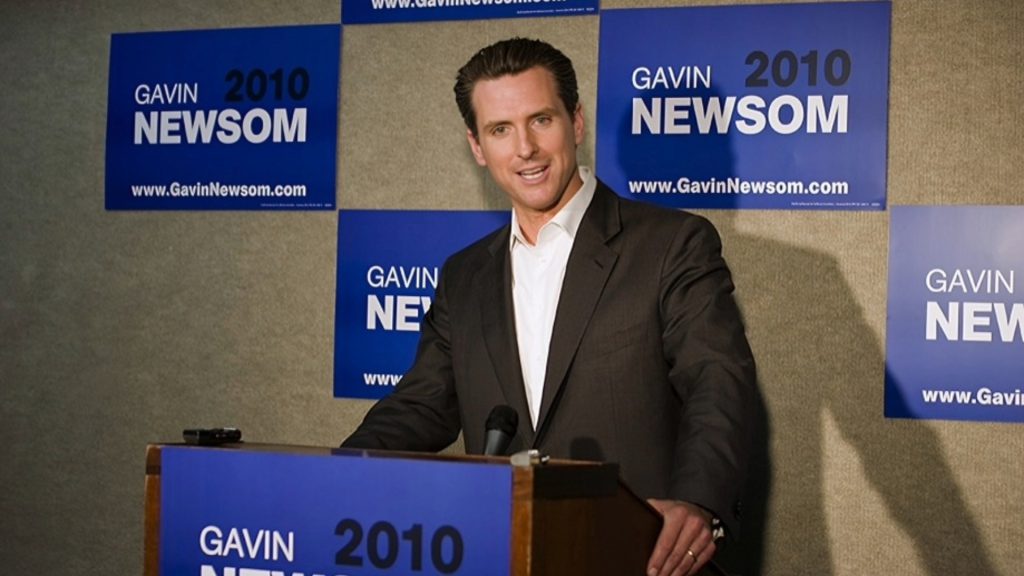
Consistent with the principles of Bidenomics to make sure workers receive their fair share in the economy.
Nevada’s Minimum Wage
The conversation started with KRNV Reporter Ben Margiott who asked, “Nevada’s minimum wage is increasing to $12 an hour this summer, in July.

The lower end of the spectrum, the federal minimum wage, still at 7.25. California, our neighboring state, is at $20 an hour. Is the federal minimum wage too low at 7.25?”
Flip Side
He asked,
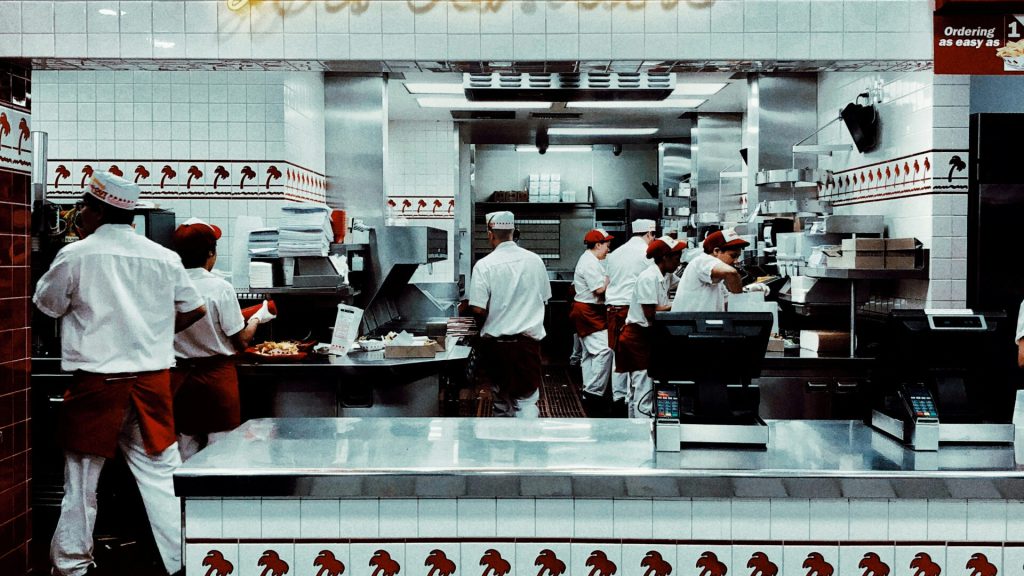
“On the flip side, are you worried about California and some states that are kind of the opposite end of that spectrum and whether or not that could pinch small businesses?”
Minimum Wage Is Too low
Su answered, “So, the president has been very clear that the 7.25 an hour minimum wage is too low. If you think about that, for a full-time worker, that’s about $15,000 a year, and we need to do better.
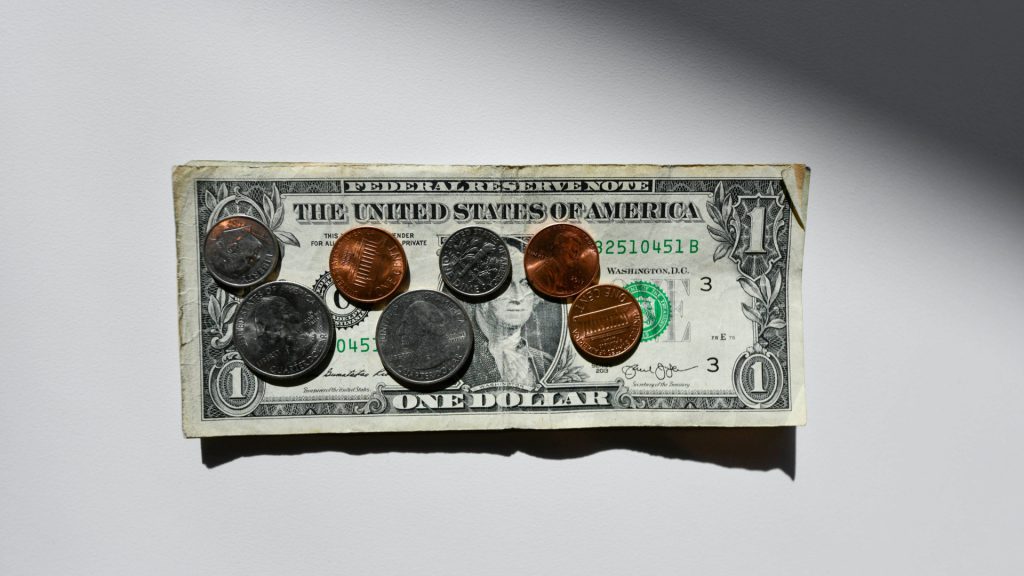
This is what Secretary Cardona said, right? If we want jobs to actually allow people not just to get by, but to have what the president calls breathing room, and so, he’s called for an increase in that minimum wage.”
Repercussions
As anticipated, the consequences of the minimum wage increase in California played out as expected,
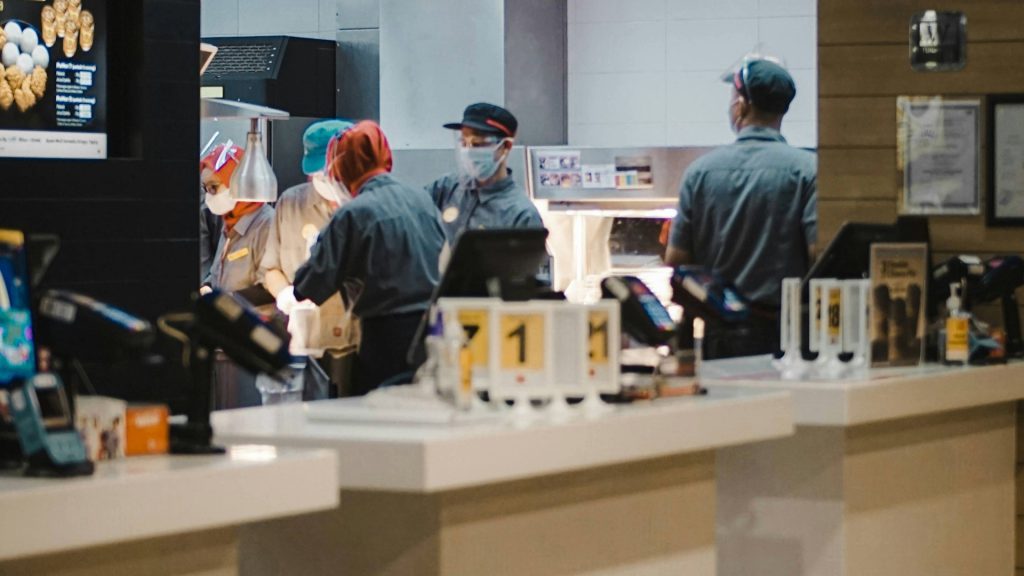
Resulting in widespread layoffs in the fast-food industry.
Hearty Economy
Su said, “Meanwhile, states, and even cities, have seen the need to raise wages, both to protect workers and working families. But also, because it’s a matter of making a strong economy, right? When workers have enough to actually spend in their communities, that’s good for everybody. … California has long led the way in terms of worker protections. The $20 is for workers in one particular industry, in fast food.

But I think what we’re seeing is a trend across the country, including for workers who are bargaining themselves, of record wage increases, and that is very much part and parcel of Bidenomics, the idea that we want to make sure that workers get their fair share in this economy.”
Multiple Chains
Multiple chains reacted by either letting employees go or increasing menu prices,
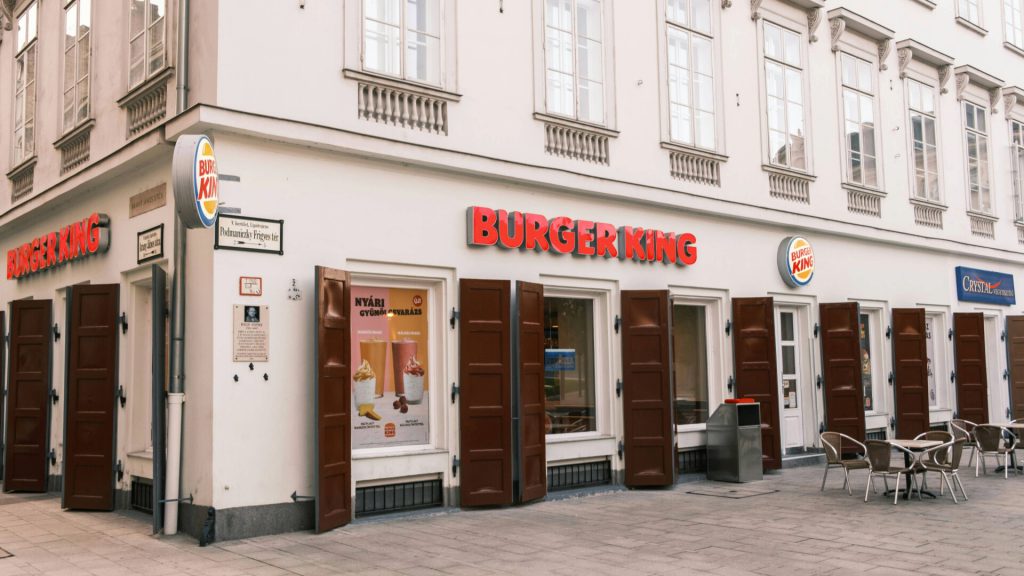
With several establishments being forced to close their doors permanently even.
Delivery Drivers
Major Pizza Hut franchisees laid off 1,200 of their delivery drivers,
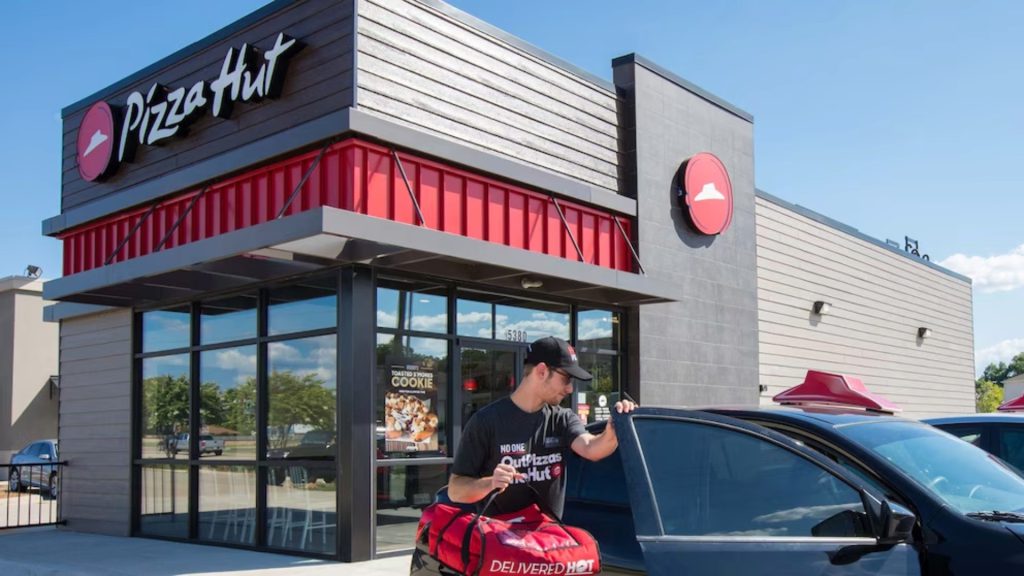
And smaller businesses such as Vitality Bowls cut their staff by half in San Jose.
Foster’s Freeze
For example, Foster’s Freeze employees went from having an hourly wage to having nothing almost overnight.

Highlighting the unintentional ramifications of the wage increase.
Initiatives For Automation
Jack in the Box and other restaurants are investing in automation options such as fryer robots and automated drink dispensers, as they anticipate further job cuts.

Because of this, hours for human employees will be cut, and prices are expected to rise.
Texas Double Whopper
For example, the cost of a Texas Double Whopper increased from $15.09 on March 29 to $16.89 on April 1, a nearly $2 increase in just two days.
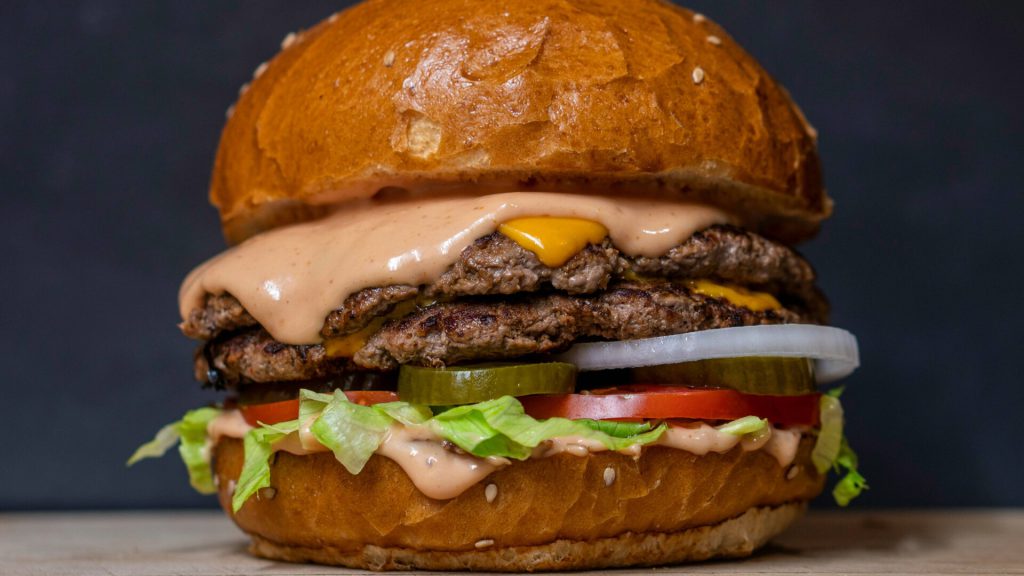
Similar to this, the price of a Big Fish meal jumped by a shocking $4, going from $7.49 to $11.49.
Legislation
Per a report form The New York Post,

prices at a Burger King in the Los Angeles area have increased after the implementation of the new law.
Price Surges
Several other menu items saw an increase in price, running anywhere from 25 cents to a dollar, according to an investigation by The Post.
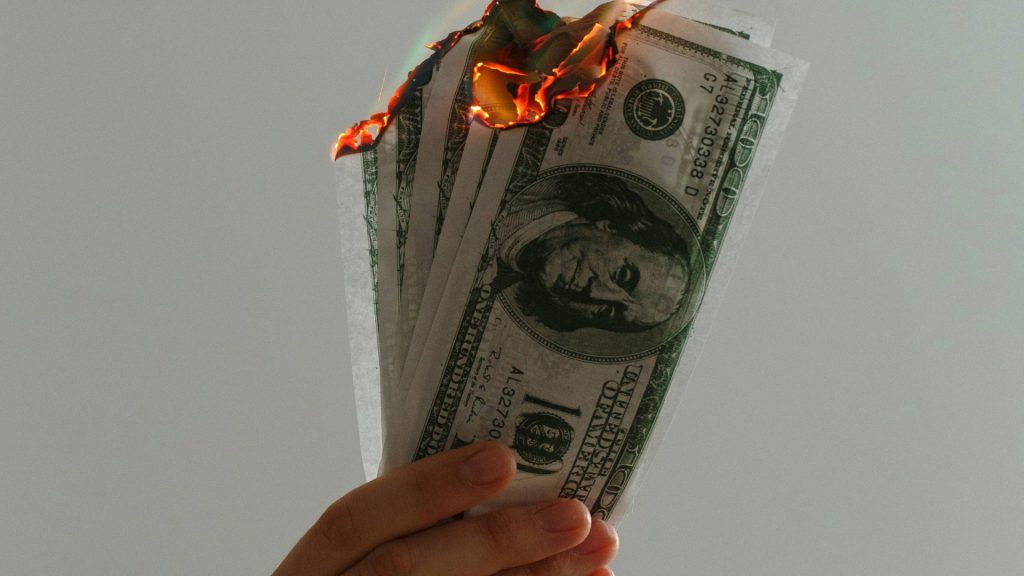
The Democratic Party has had complete power in California, which benefits their decision making because they lack opposition.This dominance allows them to implement their policies without transparency or accountability to the public.
Social Media
Although some advocates minimize these increases in price on their social media, making the argument that 25 cents to a dollar isn’t worth noting,

They are dismissing the fact that these price increases are a significant percentage of the item’s total.
Principles Of Democracy
California is seen as the testing ground for Democratic ideals, much like many other urban centers such as Baltimore, Selma, Detroit, and Oakland. The recent increase in the minimum wage for certain fast-food workers to $20 per hour, a 25% raise from $16, exemplifies this unchecked power.
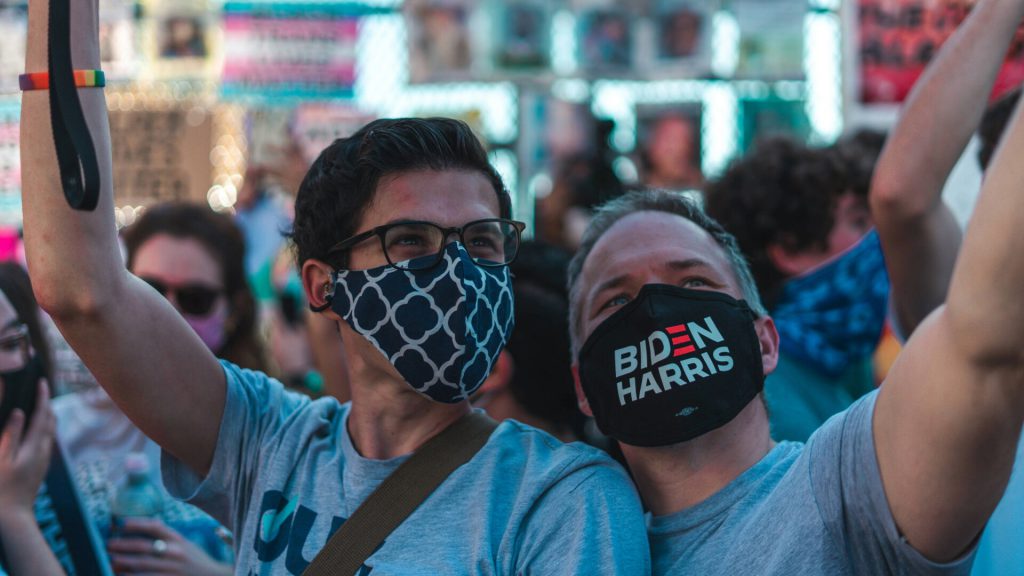
This Led many to question the state’s motives, causing some residents to even consider leaving.
Enforcing The Law
Additionally, these price were made just a few short days after the enforcements of this new law,
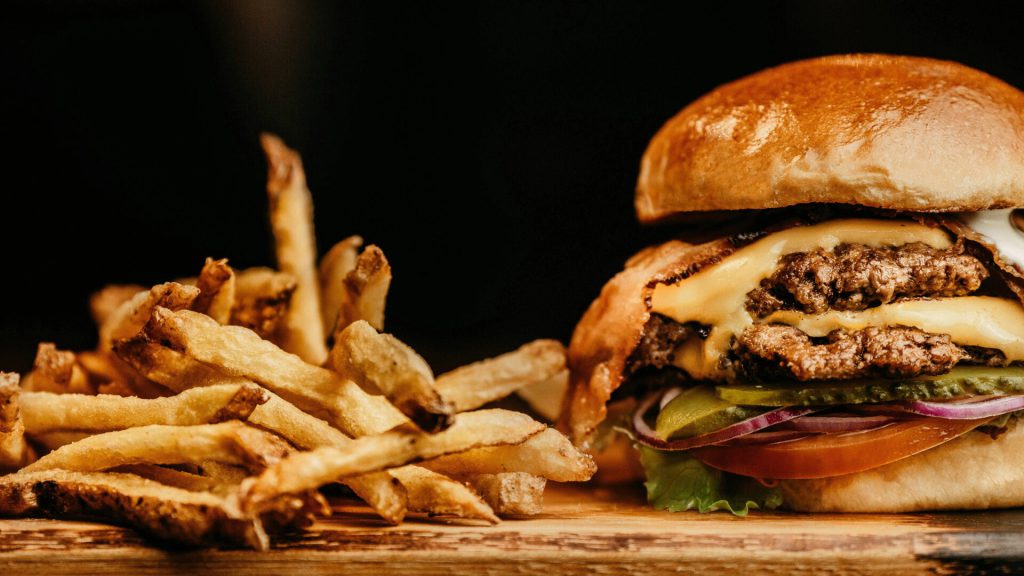
Leading some to believe that this suggests more price hikes are coming in the near future.
Raising Cane’s
During a recent CNBC interview , the CEO of Raising Cane’s, addressed the ramifications the new law had on his business, ultimately it led to higher prices.
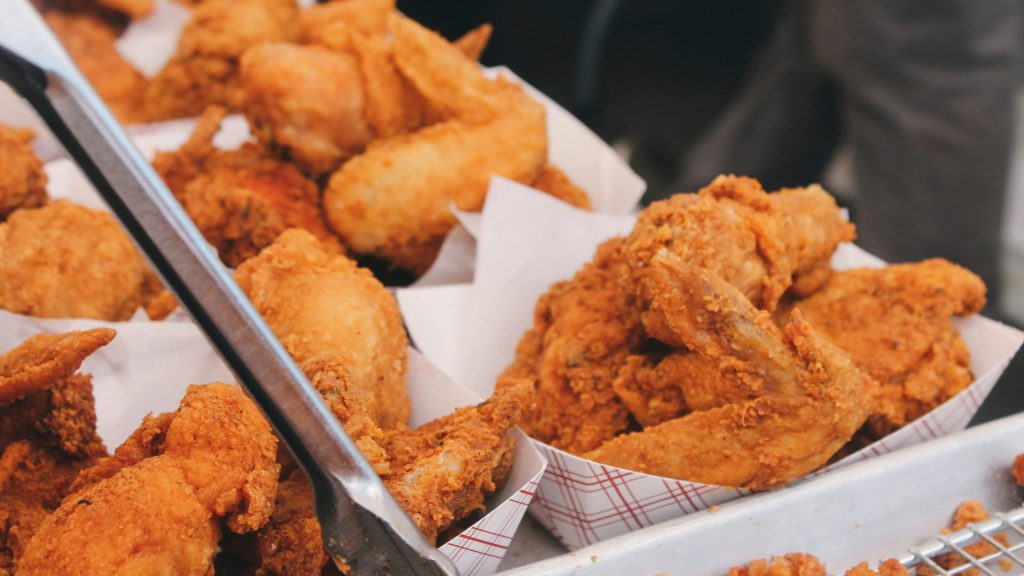
Oddly, the CNBC anchor posed a question that seemed to overlook the potential negative impacts of the legislation, instead focusing on the idea that raising prices could counteract the benefits of higher wages for minimum wage workers.
The Intended Objective
The CEO’s reply to the question lacked clarity, possibly due to the nature of the interview or a lack of attention.
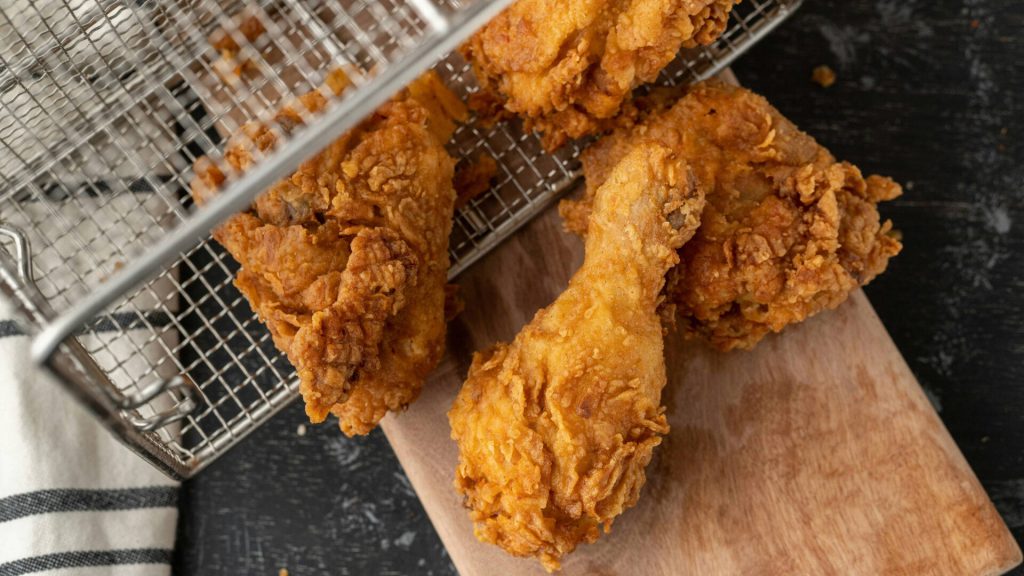
Regardless, the anchor question does raise a thought-provoking point about whether increasing wages truly benefits workers if it results in higher costs of living and dining.
Workers
The legislation’s effects are clearly evident in the extensive amount of workers who have lost their jobs as a result of it,
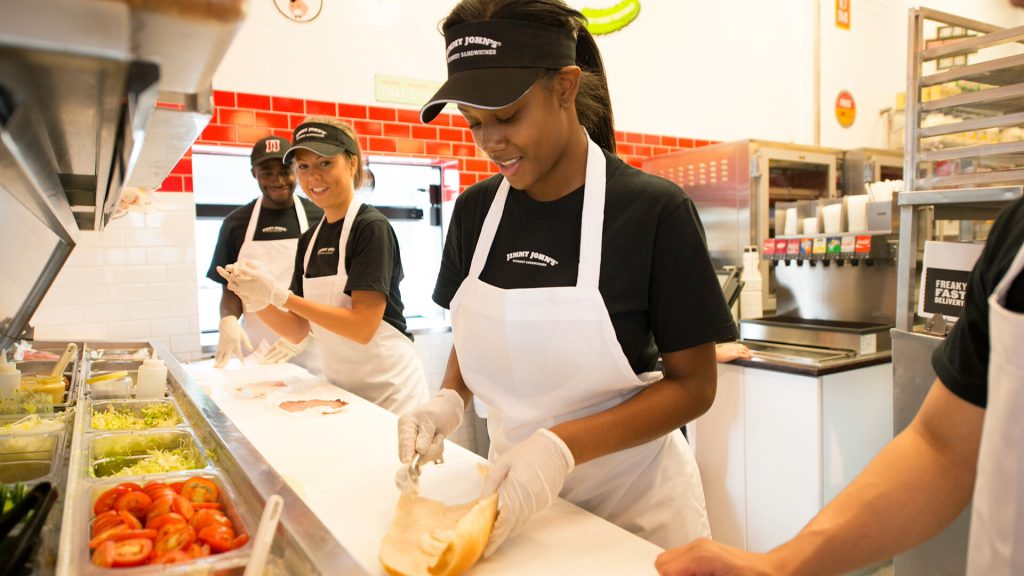
with more expected to face the same fate soon.
Hesitance
The reluctance to recognize the reality of the situation, even from prominent figures like the CEO of Raising Cane’s, shows the severity of the economic challenges in California.

It seems that many people in the state either don’t fully understand the fundamental economic principles or are hesitant to address them openly.
Increase By 25%
Raising the minimum wage by 25% during a period of inflation and economic struggle is undeniably unwise.
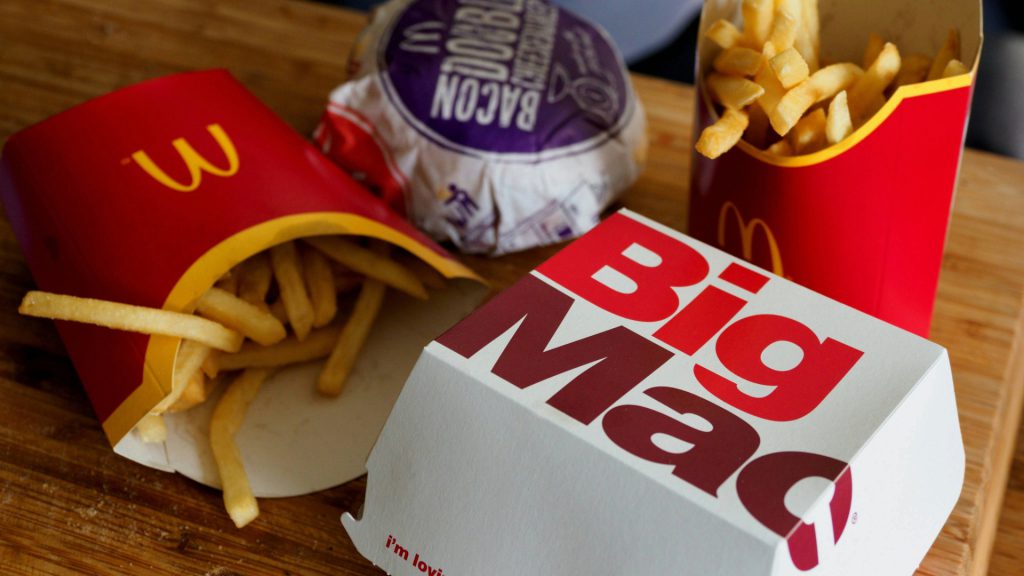
It reflects a misguided attempt to sidestep the real challenges confronting Californians, but in reality, it exacerbates the situation.
Rep. Barbara Lee
California Rep. Barbara Lee said, “Just do the math. Do the math, says the woman who apparently can’t add two plus two. She wants to mandate six-figure incomes for the people who run the cash register at McDonald’s.
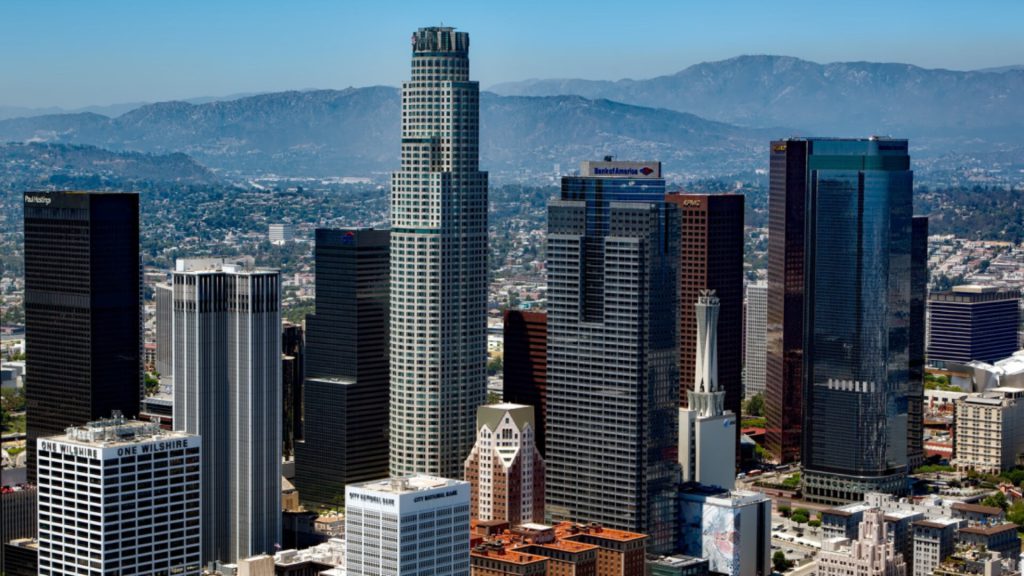
You notice that she was asked about the economic sustainability of such a plan and did not pretend to even address that concern. That’s because it is, of course, not sustainable at all. $20 an hour isn’t even sustainable. $20 an hour has already caused a bloodbath of layoffs and price hikes. $50 an hour would simply be the end of commerce in California, which means the end of California itself. So, on second thought, maybe her plan has some benefits.”
Issues That Exist
Instead of acknowledging the existing issues, this approach ultimately creates more problems.

It’s a case of attempting to solve problems by inadvertently magnifying the very issues they aim to resolve, with no signs of stopping.

